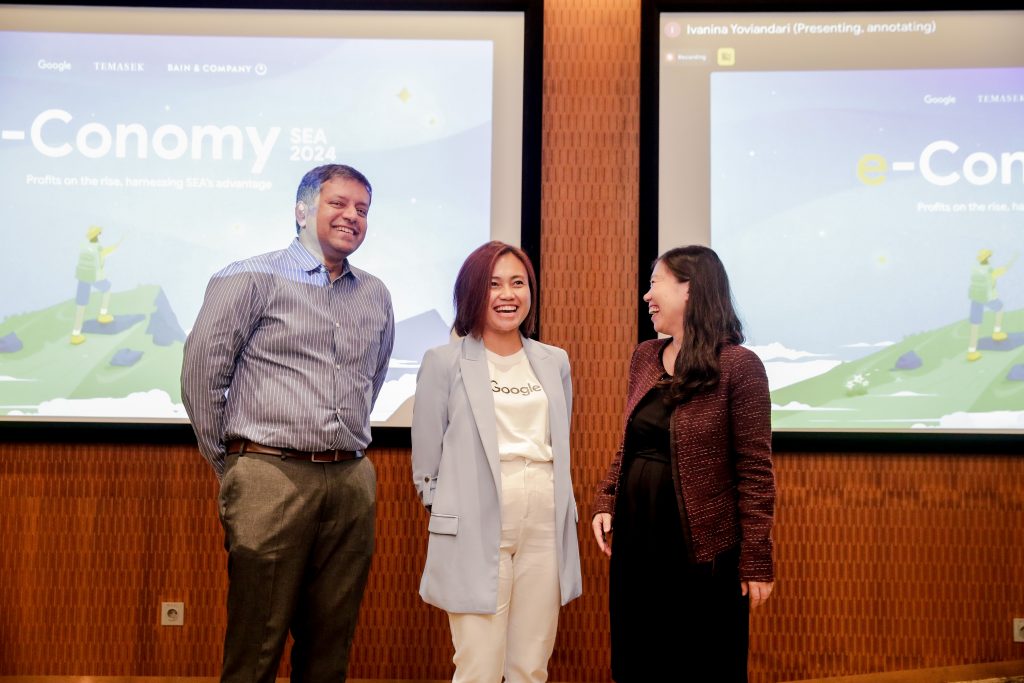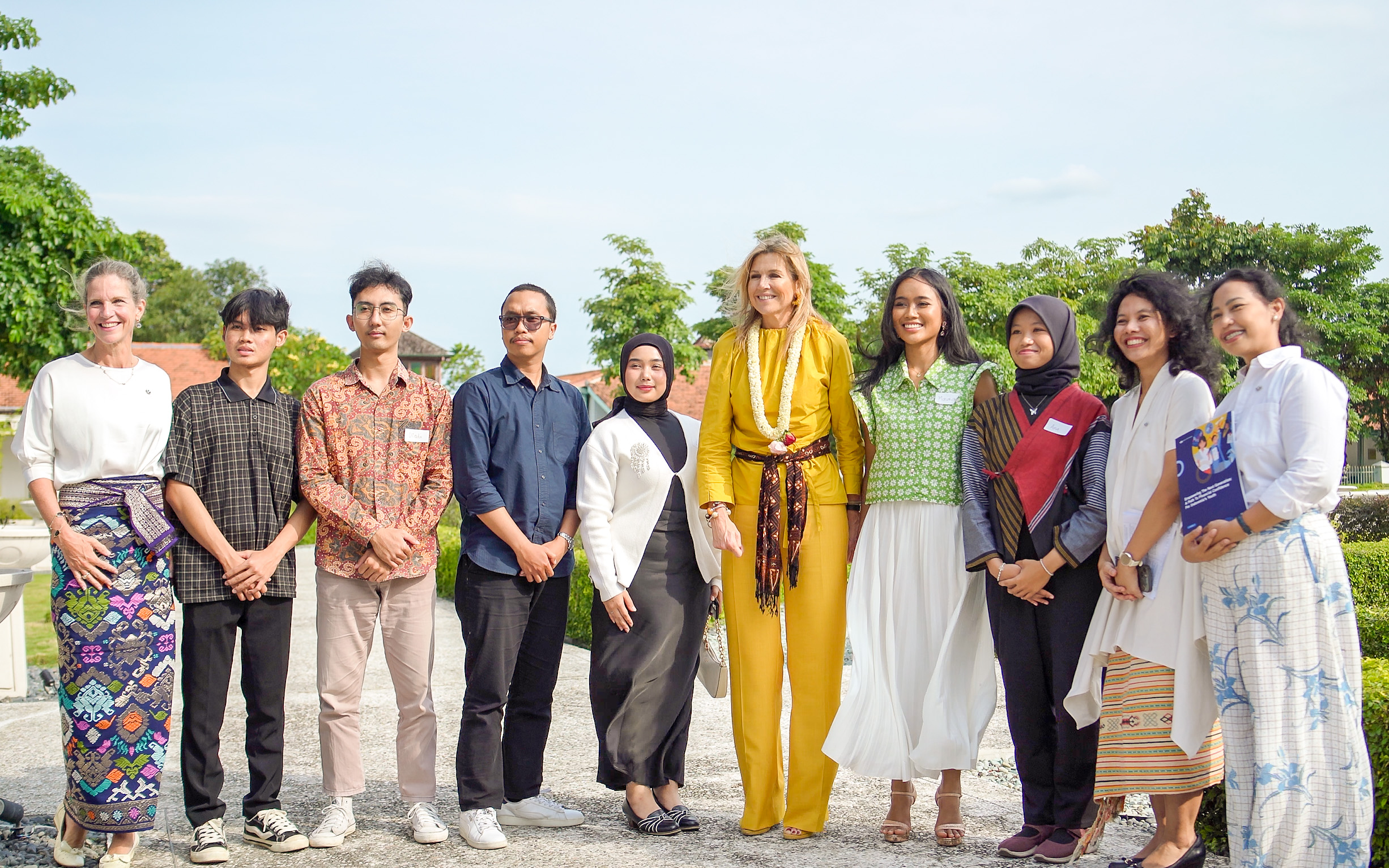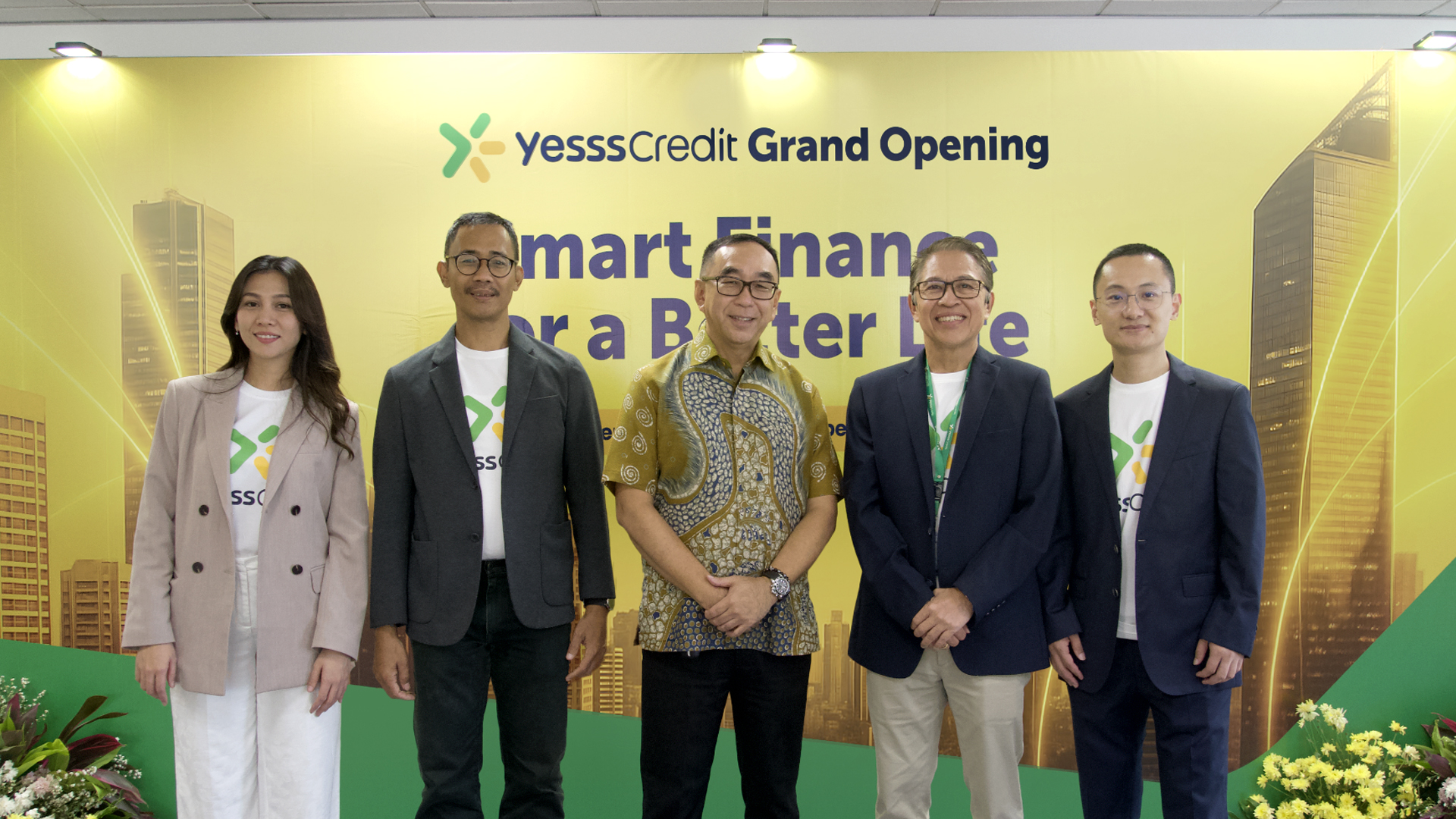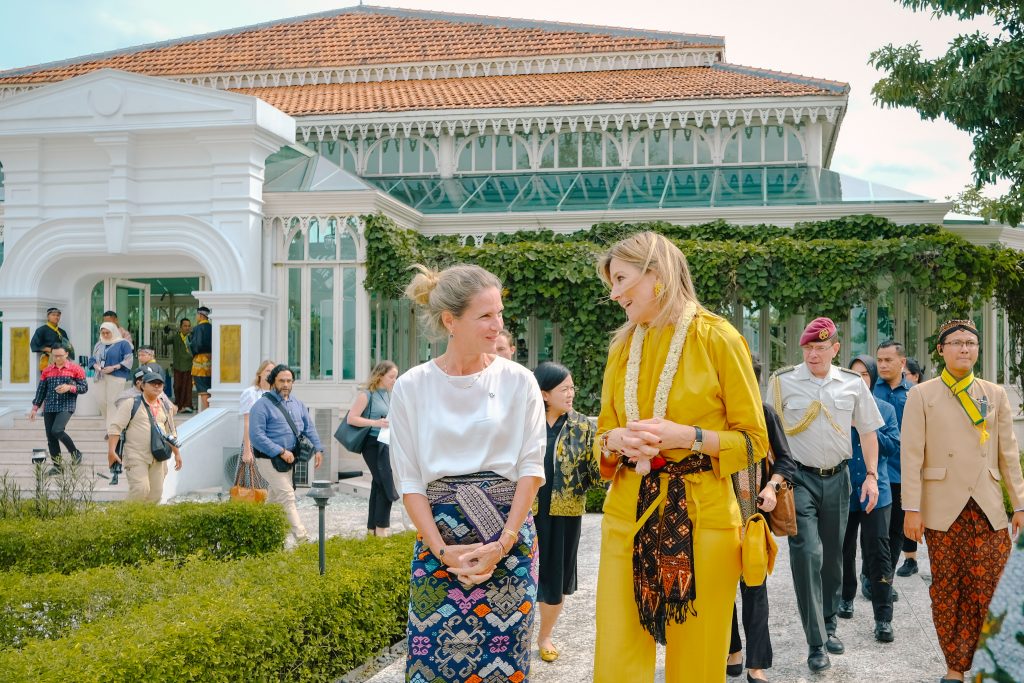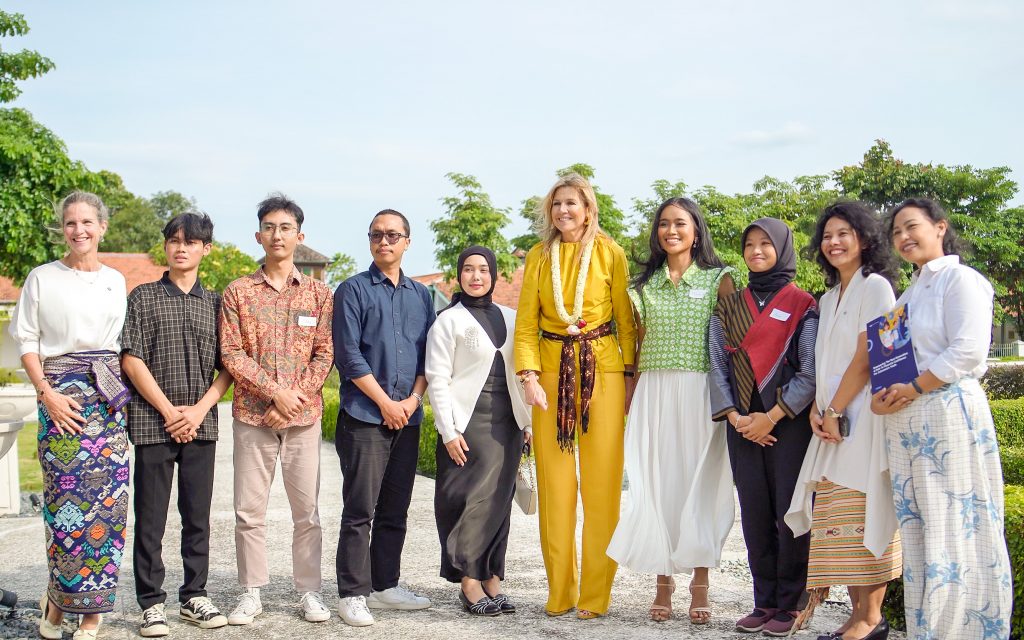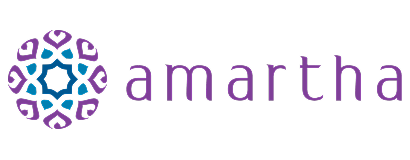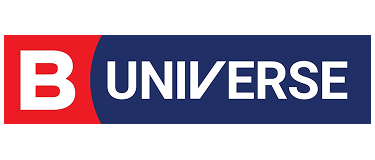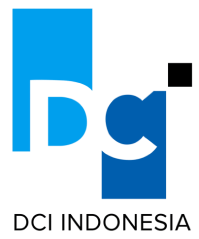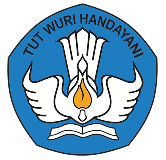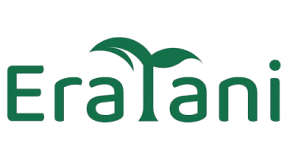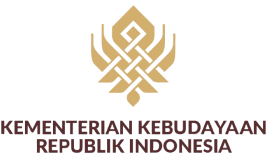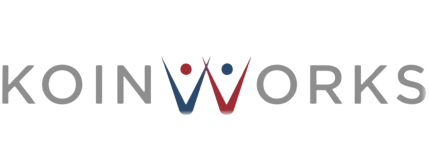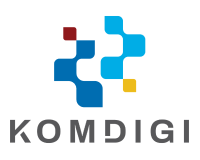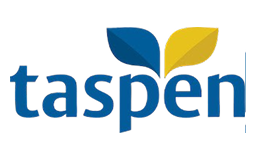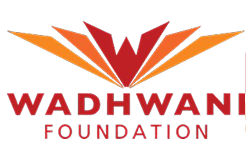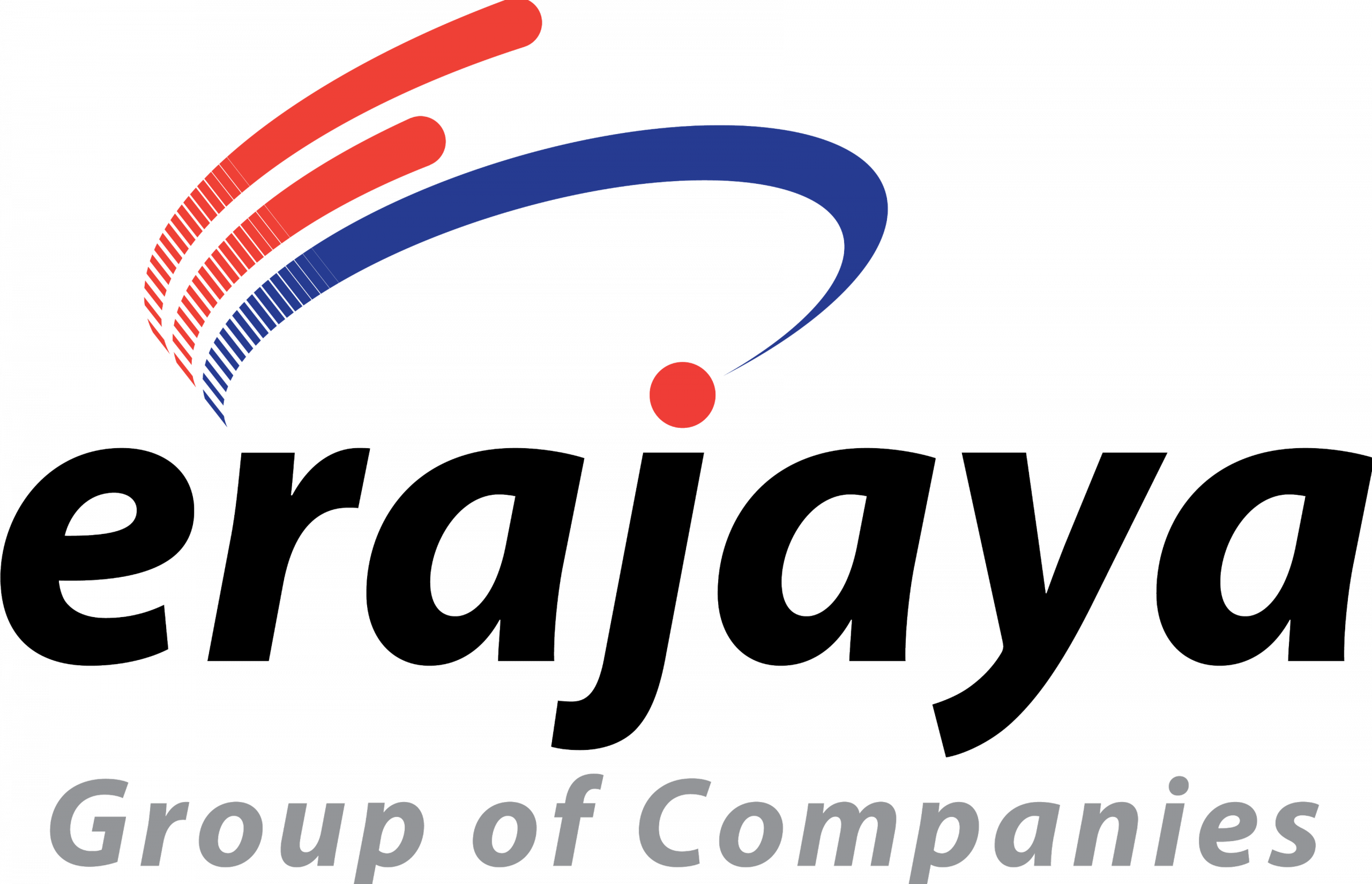JAKARTA, November 7, 2023 — Indonesia is set to become the first Southeast Asian digital economy to achieve a Gross Merchandise Value (GMV) of around $110 billion by 2025, according to the latest e-Conomy SEA report compiled by Google, Temasek, and Bain & Company. Over the past few years, Indonesia’s digital economy has grown steadily and is projected to reach a GMV of $82 billion in 2023, reflecting an 8% year-on-year growth.
Digital businesses in Indonesia have shifted their focus to monetization to achieve profitability. They are no longer only focused on acquiring new users but are now optimizing engagement with existing customers, and they are starting to see the results. Indonesia’s digital economy is expected to continue growing in line with the regional average and even become a key driver of digital economic growth in Southeast Asia.
- E-commerce continues to drive Indonesia’s digital economy. E-commerce penetration is expected to grow, along with consumer spending as the economy grows. The GMV for this sector is projected to grow by 15%, from $62 billion in 2023 to $82 billion in 2025.
- Travel experienced the highest growth of 68% in 2023, reaching a GMV of $6 billion. The main factor for this is the lifting of mobility restrictions related to the pandemic, which has boosted domestic demand and business travel.
- Transportation and food delivery are projected to experience a GMV decline to $7 billion by the end of the year. However, this sector is expected to grow again with a CAGR of 13%, reaching a GMV of $9 billion by 2025. To balance growth and profitability, players have reduced the promotions and incentives they provide, leading price-sensitive consumers to switch to alternatives. Fortunately, the presence of loyal customers has helped offset some of the lost revenue, and they remain an important segment to retain.
- Online media saw moderate growth with a GMV of $7 billion and a CAGR of 5%. By 2030, the GMV for this sector is expected to double to ~$15 billion.
“Amid macroeconomic uncertainty, the Indonesian people have shown remarkable resilience year after year. The use of digital platforms has become an important part of our daily lives. As the digital participation gap shrinks, particularly outside metro areas, the number of active Indonesian users of digital products and services will continue to rise. This will trigger further growth in this digital decade, enabling us to reach the projected GMV of $110 billion by 2025,” said Randy Jusuf, Managing Director of Google Indonesia.
Digital Financial Services Develop Steadily and Indonesia Leads Digital Payments in Southeast Asia
Indonesia is expected to become the largest digital payments market in Southeast Asia, with a projected Gross Transaction Value (GTV) of ~$760 billion by 2030. Digital payments have grown steadily by 10%, reaching $313 billion in 2023. Digital lending is expected to continue growing, reaching $15 billion by 2025, more than double the projected value of $6 billion in 2023. With increased competition among digital financial service (DFS) players, pure-play fintech businesses have expanded their lending services to segments that have traditionally relied on non-bank financial services. Meanwhile, traditional banks have quickly shifted their customer base to digital services.
“It is remarkable that Southeast Asia’s digital economy continues to see double-digit growth, with Indonesia expected to reach GMV of $110 billion by 2025. This shows that Southeast Asia’s digital economy is resilient, and that key players have moved toward healthier unit economics and sustainable business models. Indonesia’s digital economy remains the largest and most diverse in Southeast Asia. In addition to the growing digital payments market, we believe the existing offline-to-online behavior will further boost the digital financial services sector and drive significant growth in lending and wealth sectors,” said Aadarsh Baijal, Partner and Head of Vector in Southeast Asia, Bain & Company.
Digital Companies Need Clear Profitability Plans and Must Prove to Investors They Have Reliable Exit Strategies
Private funding in Southeast Asia, including Indonesia, has reached its lowest levels in six years, following a global trend showing rising capital costs and challenges across the funding cycle. In Indonesia, as in other Southeast Asian countries, private funding fell by 87% in the first half of 2023 compared to the same period in 2022. The challenges include general valuation corrections after a rapid rise in 2021, profitability uncertainty for some companies, and an unfavorable capital market situation that may make it difficult for investors to exit.
While investors are becoming more selective about where they place their money in the region, the reserve funds (dry powder) in Southeast Asia grew to $15.7 billion by the end of 2022, up from $12.4 billion in 2021. This indicates there is still the “fuel” needed to drive further growth in the region’s digital economy. In Indonesia, the smallest decrease occurred in early-stage funding. Digital financial services remain a primary investment sector due to its high monetization potential. New sectors have also seen a rise in investments, indicating that investors are looking to diversify their portfolios.
“Indonesia’s digital economy continues to offer attractive investment opportunities due to its strong fundamentals, such as the growth of the working-age population, rising consumer incomes, and a dynamic technology startup ecosystem,” said Fock Wai Hoong, Head of Southeast Asia, Temasek. “Temasek remains optimistic about the future of Southeast Asia’s digital economy and will continue to deploy catalytic capital to drive sustainable and inclusive growth so that all generations can achieve prosperity.”
Expanding Digital Participation Is Needed to Stimulate Further Growth
Indonesia has made significant progress in digital participation in recent years, including through QRIS adoption and increased use of bank transfers and credit cards, making digital payments easier. Indonesia is also the fastest-growing smartphone market in Southeast Asia, with 80% of its population owning smartphones.
More than 70% of the value of digital economy transactions in Southeast Asia comes from the top 30% of spenders. In Indonesia, spending from high-value users (HVU) is 6.8 times higher than from non-HVUs, especially in sectors like travel and groceries. Indonesia also has the highest HVU spending ratio for the travel sector in Southeast Asia, with HVU spending 10.4 times more than non-HVUs.
HVUs can be found in both metro and non-metro areas in Indonesia. However, the gap between demand and supply in non-metro areas appears to be widening. People in those areas are also at risk of an economic divide due to low digital participation—active involvement in the digital economy through consumption of products or services in various sectors. Non-metro areas are vulnerable because of economic challenges in providing digital services and low purchasing power. Addressing this gap is a shared responsibility of all digital economy stakeholders. By overcoming the barriers to digital participation for all communities, Indonesia’s digital economy GMV could potentially increase two to three times, reaching $210–$360 billion by 2030.
***END***
Media contact
Syifa Fauziah (+6285710298673) email: syifa@evlogiaadvisory.com
Bianda Kori (+6281222402530) email: bianda@evlogiaadvisory.com
About Google
Google’s mission is to organize the world’s information and make it universally accessible and useful for everyone. Through products and platforms like Search, Maps, Gmail, Android, Google Play, Chrome, and YouTube, Google plays a vital role in the everyday lives of billions of people. Google is a subsidiary of Alphabet Inc.
About Temasek
Temasek is a global investment company with a net portfolio value of S$382 billion (equivalent to US$287 billion, €264 billion, £232 billion, or RMB 1.98 trillion) as of March 31, 2023. The company’s purpose, “So Every Generation Prospers,” serves as their guide to making a difference for both current and future generations. As an active investor, forward-thinking institution, and trusted steward, Temasek is committed to creating long-term sustainable value. Temasek holds an overall corporate credit rating of Aaa from Moody’s Investors Service and AAA from S&P Global Ratings. Headquartered in Singapore, the company has 13 offices in 9 countries: Beijing, Hanoi, Mumbai, Shanghai, Shenzhen, and Singapore in Asia; as well as London, Brussels, Paris, New York, San Francisco, Washington DC, and Mexico City outside of Asia.
About Bain & Company
Bain & Company is a global consultancy that helps the world’s most ambitious changemakers shape the future. In 65 cities across 40 countries, they work alongside clients as a united team with a shared ambition to achieve extraordinary results, outperform the competition, and advanced industries. The company complements its specialized and integrated expertise with a dynamic ecosystem of digital innovators to deliver better, faster, and more impactful results in the long term. Their 10-year commitment to investing over $1 billion in pro bono services has provided their time, expertise, and insights to various organizations facing urgent challenges today, such as education, racial equality, social justice, economic development, and the environment. Bain & Company has earned a platinum rating from EcoVadis, the leading platform for assessing environmental, social, and ethical performance for global supply chains, placing them in the top 1% of all companies. Since its founding in 1973, Bain & Company has always measured success by the success of its clients, and they proudly continue to provide the industry’s best client advocacy services.
